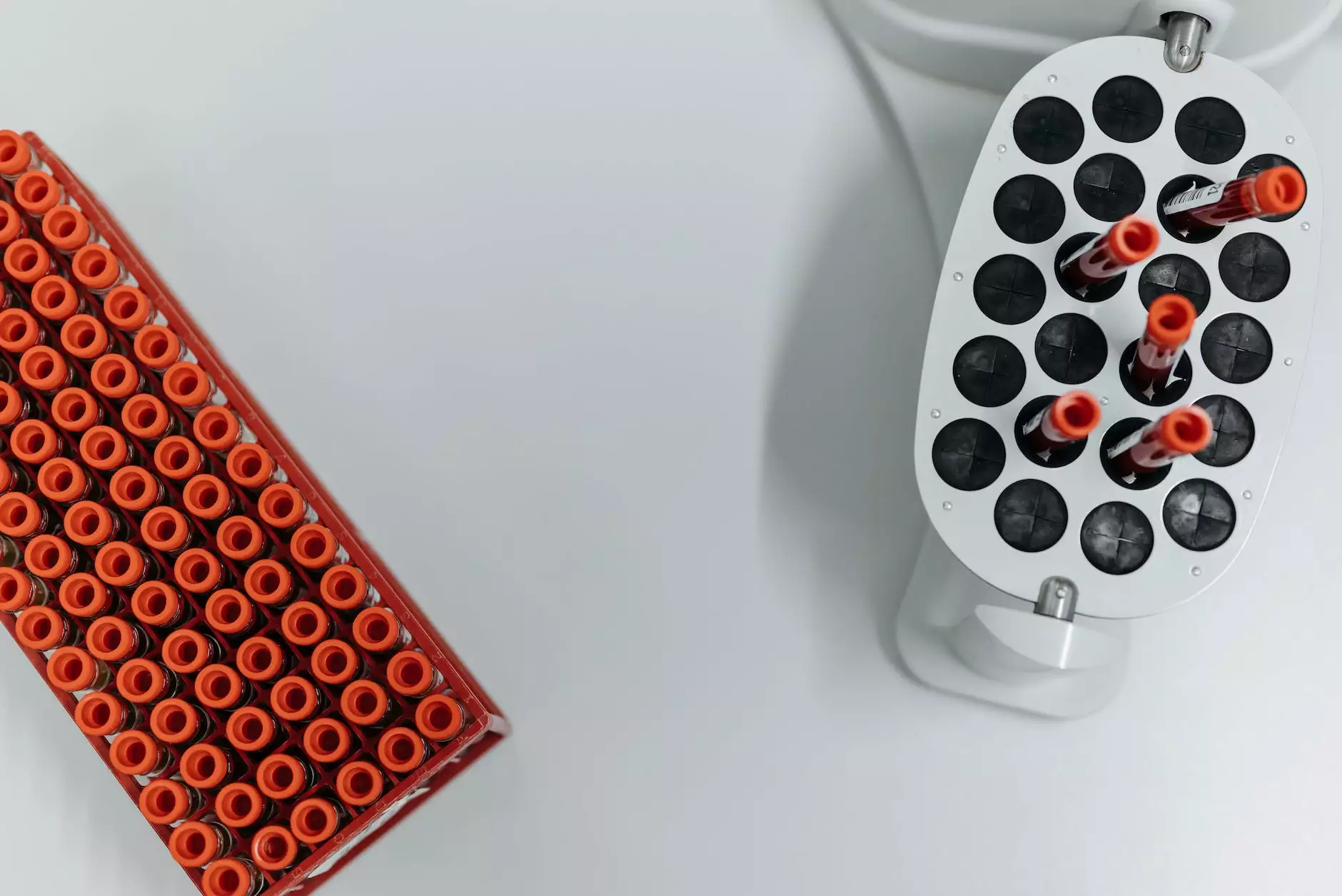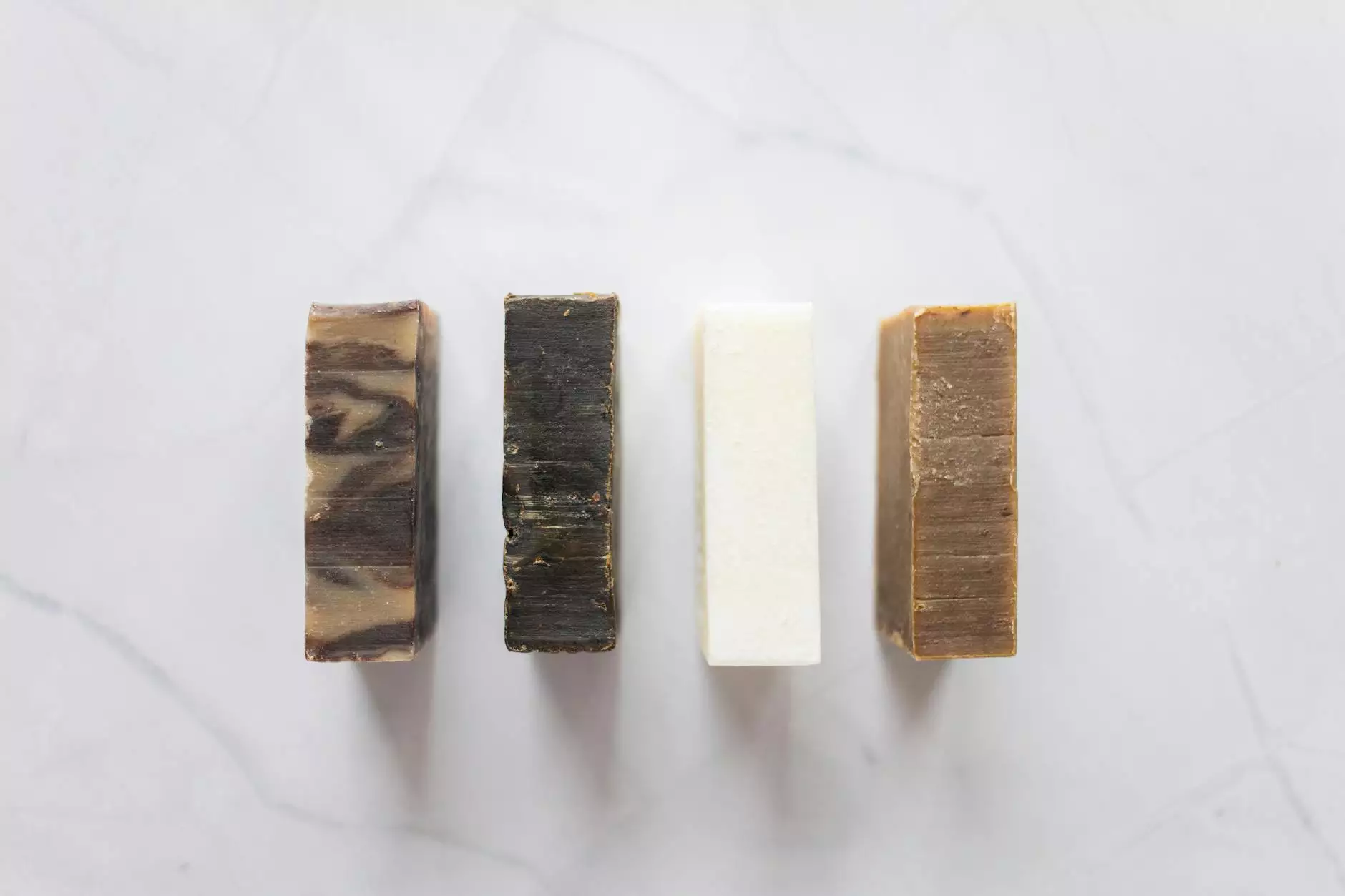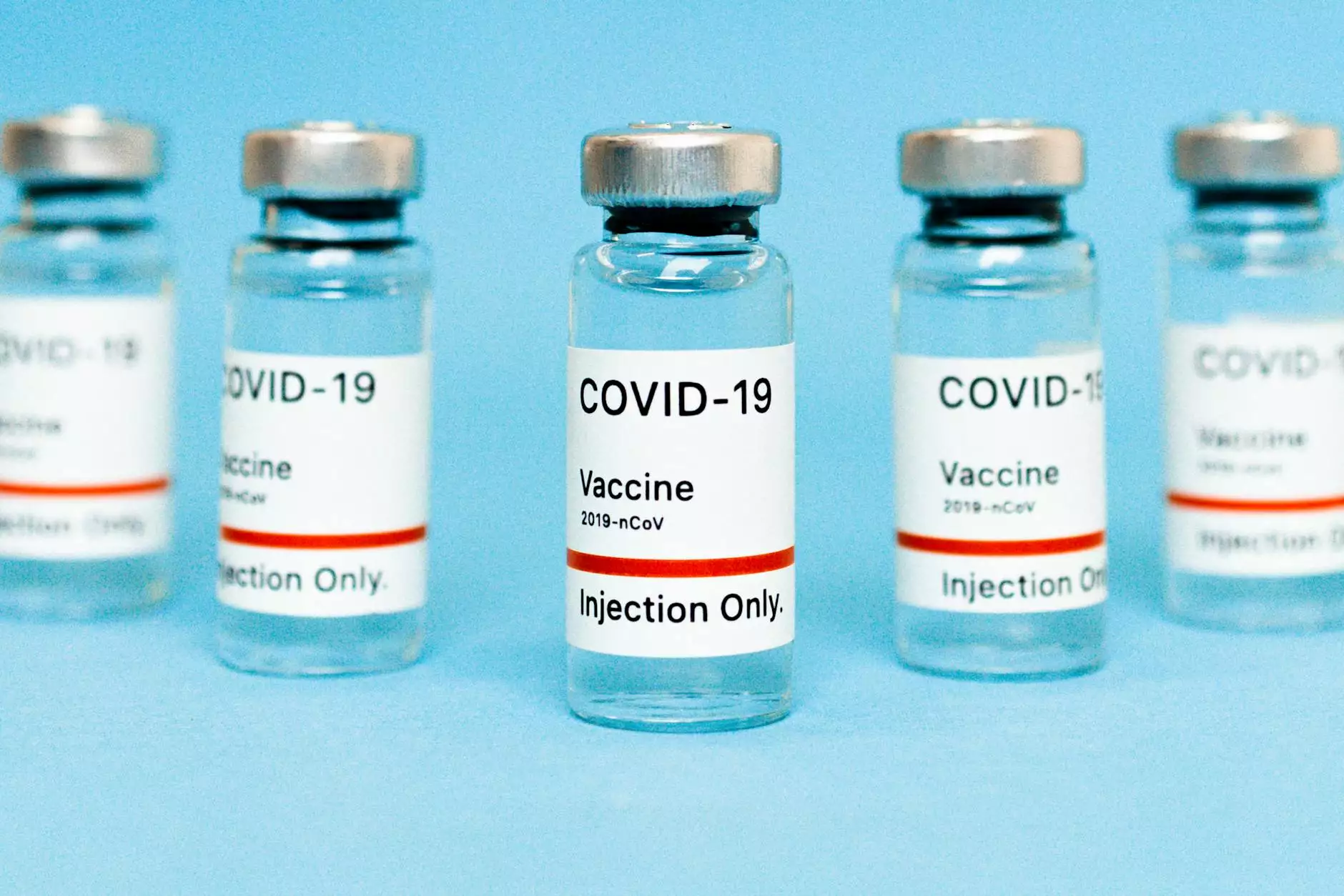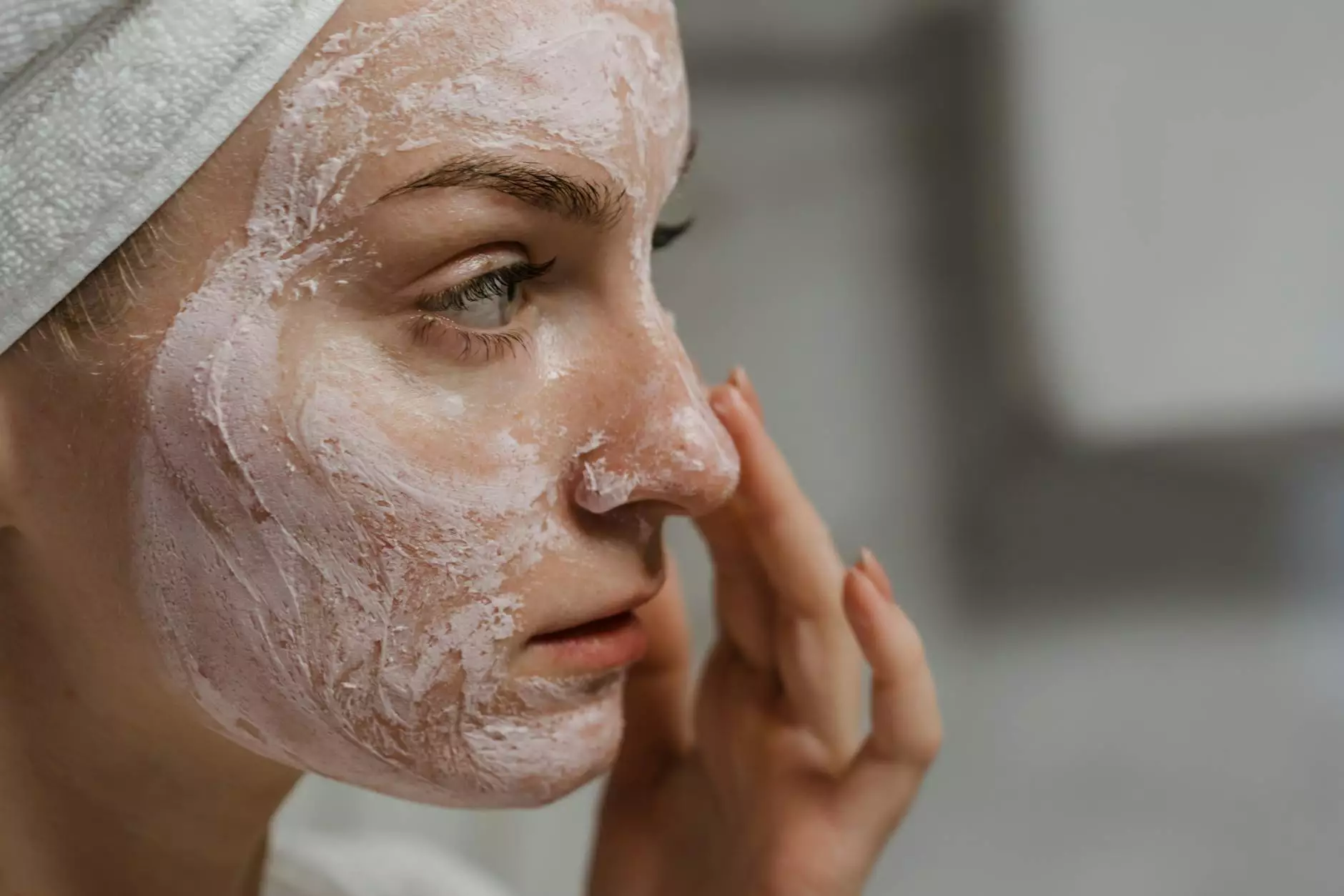Treatment for Tooth Extraction: Everything You Need to Know

Tooth extraction is a common dental procedure that can seem daunting to those who are unfamiliar with what it entails. At Kensington Dental Studio, we strive to provide you with all the information you need about treatment for tooth extraction, making the experience as smooth and stress-free as possible. In this comprehensive guide, we will cover everything from the reasons for tooth extraction to the recovery process. Let’s dive in and explore this essential dental treatment.
What is Tooth Extraction?
Tooth extraction is the process of removing a tooth from its socket in the bone. This procedure is typically performed by a dentist or an oral surgeon, and there are various reasons why an extraction might be necessary. Understanding the circumstances that lead to tooth extraction can help alleviate concerns and prepare you for the procedure.
Reasons for Tooth Extraction
Several situations may warrant a tooth extraction, including:
- Severe Tooth Decay: When a tooth is extensively decayed and cannot be restored with a filling or crown, extraction may be the best option.
- Impacted Wisdom Teeth: Wisdom teeth often become impacted, which can lead to pain, infection, and other dental issues.
- Overcrowding: Sometimes teeth need to be removed to make space for orthodontic treatment.
- Gum Disease: Advanced gum disease can compromise the health of the teeth, necessitating their removal.
- Infection: A tooth that is severely infected may need to be extracted to prevent the spread of infection to surrounding teeth.
The Tooth Extraction Procedure
At Kensington Dental Studio, we prioritize your comfort and safety. Here’s what to expect during the treatment for tooth extraction:
1. Initial Consultation
Your journey begins with a thorough dental examination. We will take necessary X-rays to assess the condition of your tooth and determine the best course of action.
2. Anesthesia
Before the extraction, local anesthesia will be administered to numb the area around the tooth. In some cases, sedation dentistry options may be available for those who are particularly anxious.
3. Extraction Process
Once you are adequately numb, the dentist will use special tools to remove the tooth. The extraction may involve loosening the tooth with an elevator or removing any surrounding bone if it's impacted.
4. Post-Extraction Care
After the tooth is extracted, the dentist will provide you with detailed aftercare instructions to ensure proper healing and comfort during recovery.
Types of Tooth Extractions
There are two main types of tooth extractions:
- Simpler Tooth Extraction: Performed on a tooth that is fully visible in the mouth.
- Surgical Tooth Extraction: Necessary for teeth that are not easily accessible, such as impacted wisdom teeth.
What to Expect After Tooth Extraction
Recovery from a tooth extraction varies from person to person. Here’s a rundown of what you might experience:
Initial Recovery
Right after the procedure, it’s common to have some swelling and discomfort. Here are some tips for handling the initial recovery:
- Ice Packs: Applying ice packs to the outside of your cheek can help reduce swelling.
- Rest: Take time to rest and avoid strenuous activities for a few days.
- Medications: Over-the-counter pain medication or prescription painkillers may be recommended to manage discomfort.
Dietary Considerations
Your dentist will likely advise you to stick to a soft food diet for the first few days. Foods such as:
- Applesauce
- Yogurt
- Smoothies
- Mashed potatoes
These options will help you avoid placing unnecessary pressure on the extraction site.
Follow-Up Appointment
A follow-up appointment may be scheduled to ensure that your mouth is healing properly. It's essential to attend this appointment so your dentist can check the extraction site.
Potential Risks and Complications
While tooth extraction is generally a safe procedure, it's important to be aware of potential risks, including:
- Dry Socket: This occurs when the blood clot at the extraction site dissolves or is dislodged too early, exposing the bone.
- Infection: Proper care can help minimize the risk, but infections can occur.
- Damage to Surrounding Teeth: There is a risk that adjacent teeth may be damaged during the extraction.
- Bleeding: Some bleeding is normal, but excessive bleeding should be reported to your dentist.
Aftercare Tips for a Smooth Recovery
To ensure your recovery is as smooth as possible, follow these aftercare tips:
- Keep the Area Clean: Gently rinse with salt water after 24 hours to help keep the area clean.
- Avoid Straws: Using straws can create suction and dislodge the blood clot.
- Don’t Smoke: Smoking can hinder healing and increase the risk of complications.
- Hydrate: Drink plenty of fluids, but stick to clear liquids initially.
The Importance of Oral Care After Extraction
Maintaining good oral hygiene is crucial post-extraction. Brush your teeth gently, avoiding the extraction site, and consider using an antibacterial mouthwash to reduce the risk of infection.
When to Contact Your Dentist
If you experience any of the following symptoms after your extraction, it’s important to reach out to your dentist:
- Persistent or worsening pain beyond the first few days
- Fever or chills
- Excessive or uncontrolled bleeding
- Swelling that does not improve
- Pus or discharge from the extraction site
Why Choose Kensington Dental Studio?
At Kensington Dental Studio, our team is dedicated to providing exceptional dental care. We understand that each patient is unique, and we tailor our treatment for tooth extraction services to meet your specific needs. Our experienced professionals are here to guide you through the entire process, ensuring your comfort and satisfaction.
Conclusion
In summary, understanding the treatment for tooth extraction can alleviate fears and prepare you for the procedure. By knowing what to expect, following aftercare instructions, and contacting your dentist when necessary, you can achieve a smooth recovery. At Kensington Dental Studio, we are here to support you every step of the way. If you have any questions or would like to schedule a consultation, please do not hesitate to contact us.
For more information about our dental services, visit us at Kensington Dental Studio.









